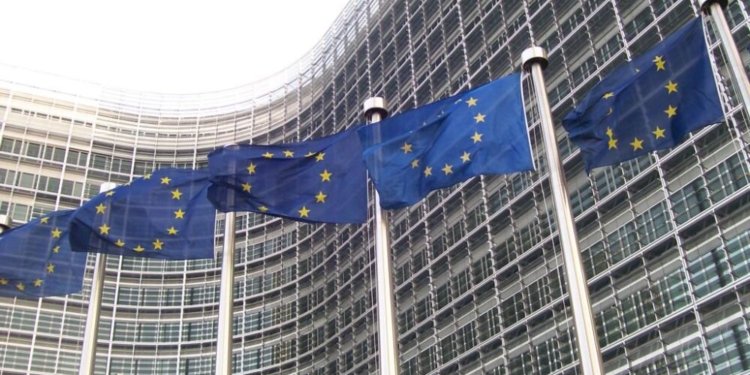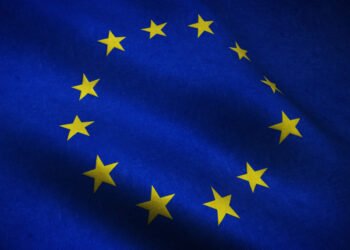The European Commission reached a momentous milestone on July 31, 2023, as it embraced the European Sustainability Reporting Standards (ESRS). This marks a vital step in implementing the EU’s forthcoming Corporate Sustainable Reporting Directive (CSRD).
The new standards will mandate companies to disclose their sustainability-related impacts, opportunities, and risks. The CSRD is scheduled to come into effect at the beginning of 2024, with reporting obligations commencing for certain companies during the 2024 financial year.
Addressing Concerns: The Impact of Eased Rules on ESRS Adoption
Although the announcement garnered widespread support, sustainability-focused investor groups voiced their concerns over certain aspects of the new rules, mainly removing the mandatory nature of many sustainability disclosures, which still persisted in the adopted ESRS.
The CSRD aims to revamp the existing EU sustainability reporting framework, the 2014 Non-Financial Reporting Directive (NFRD), substantially expanding the number of companies required to provide sustainability disclosures from approximately 12,000 to over 50,000.
The new regulations will also introduce more detailed reporting requirements on environmental impacts, human rights, social standards, and sustainability-related risks.
EFRAG’s Role in Shaping the ESRS Draft
In June 2020, the European Commission assigned the task of developing new EU sustainability reporting standards to the European Financial Reporting Advisory Group (EFRAG).
After rigorous efforts, in November 2022, EFRAG presented its final ESRS draft, incorporating modifications to reduce administrative burdens on companies and cut the number of reporting requirements in half.
Embracing Change: The Significance of ESRS for Corporate Sustainability
The adoption of the ESRS by the European Commission signifies a giant leap forward in the pursuit of corporate sustainability. With the CSRD on the horizon, businesses across the EU will be held more accountable for their impacts on the environment, society, and human rights.
The new reporting requirements will facilitate better-informed decision-making, allowing stakeholders to comprehensively assess a company’s sustainability performance.
Key Focus Areas: Environmental, Social, and Governance (ESG) Disclosures
The ESRS will strongly emphasize Environmental, Social, and Governance (ESG) disclosures. Companies must provide detailed reports on their environmental initiatives, carbon emissions reduction strategies, water and resource management practices, and waste disposal methods.
Furthermore, social aspects such as diversity and inclusion initiatives, labor practices, and human rights protection measures will also be scrutinized.
Lastly, governance structures, board composition, executive compensation, and anti-corruption efforts will be integral to the reporting requirements.
Enhancing Transparency and Accountability
The ESRS will play a pivotal role in enhancing transparency and accountability across the corporate landscape in the EU.
By providing standardized reporting guidelines, investors and stakeholders will have access to consistent, comparable, and reliable data, enabling them to make more informed decisions about their investments.
Additionally, this increased transparency will foster healthy competition among companies to improve their sustainability practices, benefitting both businesses and society.
Challenges Ahead: Striving for Continuous Improvement
While adopting the ESRS is a significant stride towards promoting sustainability, challenges lie ahead. Companies must adapt and invest in robust reporting systems to ensure accurate and timely disclosures.
They will also have to address potential data collection, verification, and integration hurdles to comply effectively with the new standards.
Collaboration for Sustainable Progress
Ultimately, the success of the ESRS and CSRD implementation will rely on the collaboration between regulators, businesses, investors, and civil society.
Working together, these stakeholders can create a framework that drives sustainable progress, fosters innovation, and safeguards the planet’s and its inhabitants’ well-being.
Conclusion
In conclusion, the European Commission’s adoption of the European Sustainability Reporting Standards (ESRS) marks a momentous step towards achieving corporate sustainability goals.
The forthcoming Corporate Sustainable Reporting Directive (CSRD) will significantly expand reporting requirements, placing greater responsibility on companies to disclose their sustainability-related impacts, opportunities, and risks.
By focusing on environmental, social, and governance (ESG) disclosures, the ESRS aims to enhance transparency and accountability, driving positive change across the EU’s corporate landscape.
Despite challenges, collaboration between various stakeholders will pave the way for a sustainable and prosperous future.





